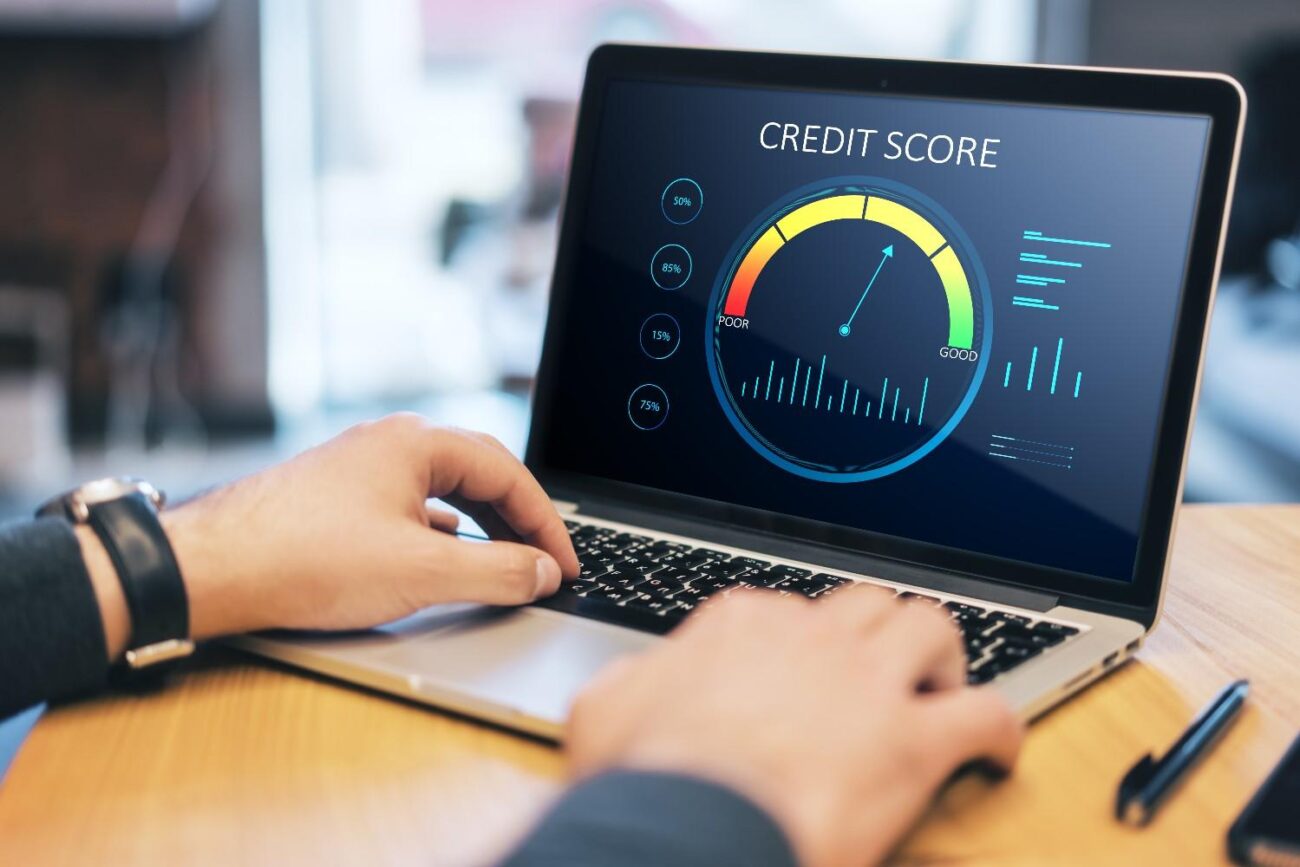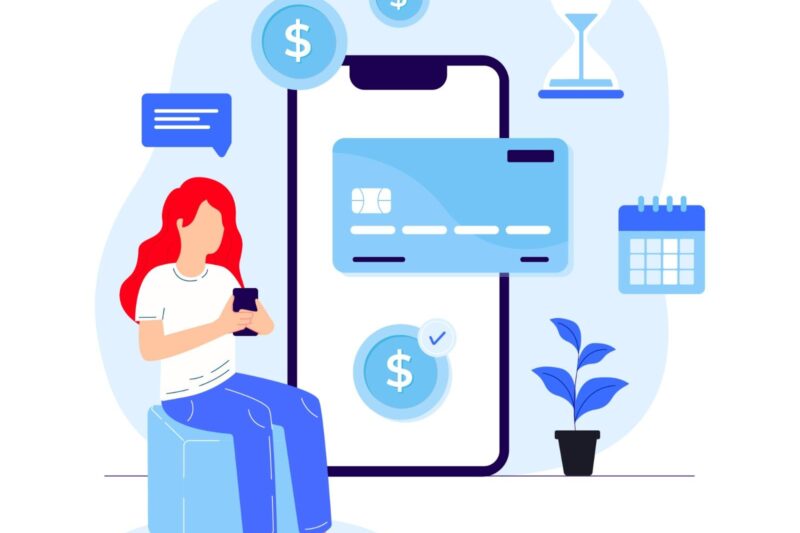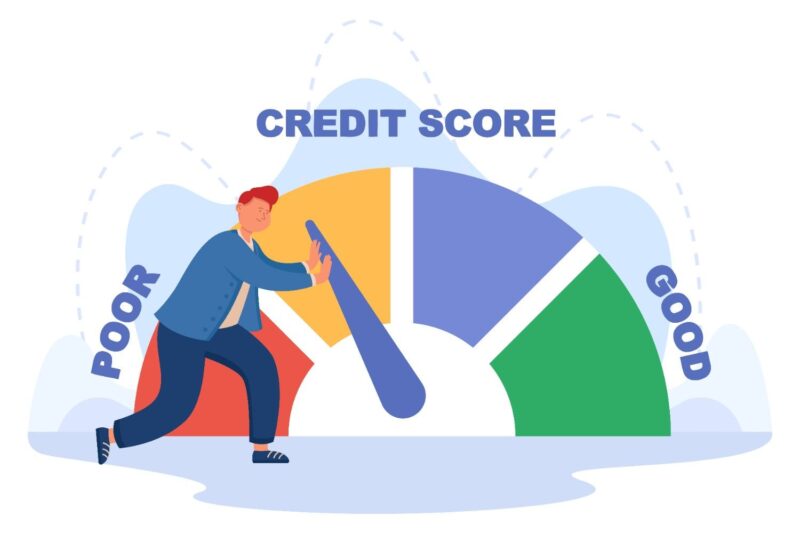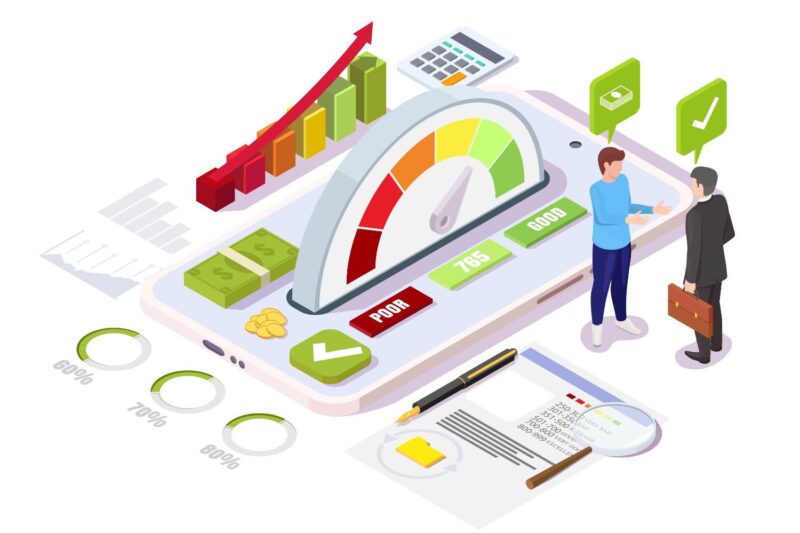A low credit score can be harmful. Your CIBIL score may drop as a result of late credit card payments, missed EMIs, or other defaults, making it more difficult to obtain credit cards, loans, or even rental approvals. The good news is that a low score is temporary. You can recover with the correct strategy. This guide explains how to recover from a credit default and rebuild your creditworthiness efficiently.
Understand Your Credit Score
Understand what your CIBIL score means before taking action. A score of 750 or higher is considered excellent, with a range of 300 to 900. Multiple loan applications, high credit utilisation, missed payments, and defaults can all lower it.
Examine your credit report first. Once a year, CIBIL offers a free report. Instead of simply imagining, understanding the causes of your low score allows you to take specific actions.
Stop Further Damage Immediately
Stopping additional negative transactions is the first step towards recovering from a credit default.
- Pay off overdue credit card bills, EMIs, and outstanding loans to pay off past-due balances.
- Set up auto-debit for future payments to avoid new defaults.
- Reduce the number of new credit applications you submit because each unsuccessful inquiry lowers your score a little.
This guarantees that while you work on rebuilding, your score won’t drop.
Strategically Pay Off Outstanding Dues
Progressively paying off debt illustrates effective financial management.
- Since they have the biggest effect on your score, start with past-due EMIs.
- Lower credit card balances to less than 30% of your limit.
- If it is possible, work out settlements with banks; structured agreements are preferred over lengthy defaults for paying debts.
The most important aspect of credit score recovery corresponds to regular repayment behaviour, which these actions help in showing.
Use Secured Credit Wisely
Rebuilding credit can be achieved with the help of secured credit.
- Secured credit cards are perfect for people experiencing over defaults because they require a fixed deposit.
- Small personal loans help build credibility, borrow a manageable amount and make timely repayments.
Online platforms such as Olyv facilitate quick, small loans with flexible payback terms, assisting you in keeping up a good payment history while improving your credit.
Maintain a Healthy Credit Mix
Your credit profile is improved by a balanced combination of secured and unsecured loans. While timely loan repayment shows dependability, defaults on unsecured credit, such as credit cards or personal loans, cause further damage.
Don’t open more than one account at the same time. A key strategy for overcoming credit default is to concentrate on creating a steady repayment history.
Keep Credit Utilisation Low
Having high credit card balances in comparison to your credit limit is a clear sign of financial difficulty. If you want to improve your credit score, do the following,
- Keep your usage below 30% of your limit
- Make sure to pay your bills on time
- Do not use up your full credit limit
Digital lenders, such as Olyv, facilitate personal loans that are short-term and manageable, rather than depending mainly on credit cards, which could lead to more damage to your score.
Monitor Your CIBIL Report Regularly
Mistakes may occur. There are occasions when wrong records of late payments or defaults are made. Continuous checking of your report gives you the opportunity to
- Spot errors
- Challenge incorrect entries
- Observe progress through time
So, you are always in control of the recovery process and have enough information to make good decisions through monitoring.
Build Long-Term Credit Habits
Clearing old dues is not the only thing Credit recovery is about. Developing Sustainable habits will really help,
- Timely payment for all bills
- Low credit utilisation maintenance
- Frequent loan application avoidance
- Keeping EMIs within 40–50% of your monthly income
If you keep to these practices, your CIBIL score will improve gradually, and future borrowing will be easier.
Leverage Digital Tools for Recovery
Digital lending platforms like Olyv, for instance, easily facilitate credit recovery,
- Fast, small personal loans with proper repayment
- No paperwork is needed to prevent several hard inquiries
- Tools for monitoring credit to observe progress
- Advice on repayment habits for score building over the long haul
For CIBIL defaulters, these platforms enable access to credit responsibly while providing a structure.
Be Patient
One of the most important points in how to recover from a credit default is patience. Every month, the credit bureaus pull their reports and reflect the good behaviour in a very slow manner. In general, if you make consistent on-time payments for 6-12 months, your credit score will be significantly boosted.
Direct your efforts towards building a spotless repayment history, keeping low balances, and not applying for new credit unless it is necessary. In time, lenders will start to see you as a reliable borrower once more.
Conclusion
For sure, recovering from a credit default may look like a tough task; however, it is totally achievable with perseverance and wise money management. First of all, pay off all your outstanding debts, then keep up with your payments, use your credit in a wise way and check your development regularly. Financial technology companies such as Olyv might support you in this process by providing small loans that are easy to handle and supervision tools that will coach you. Always remember that learning how to recover from credit default is not a matter of improving your credit score quickly; it is about enforcing and practising good credit habits over the long term that will eventually restore your trustworthiness in the eyes of the creditors and will again grant you access to financial resources.




